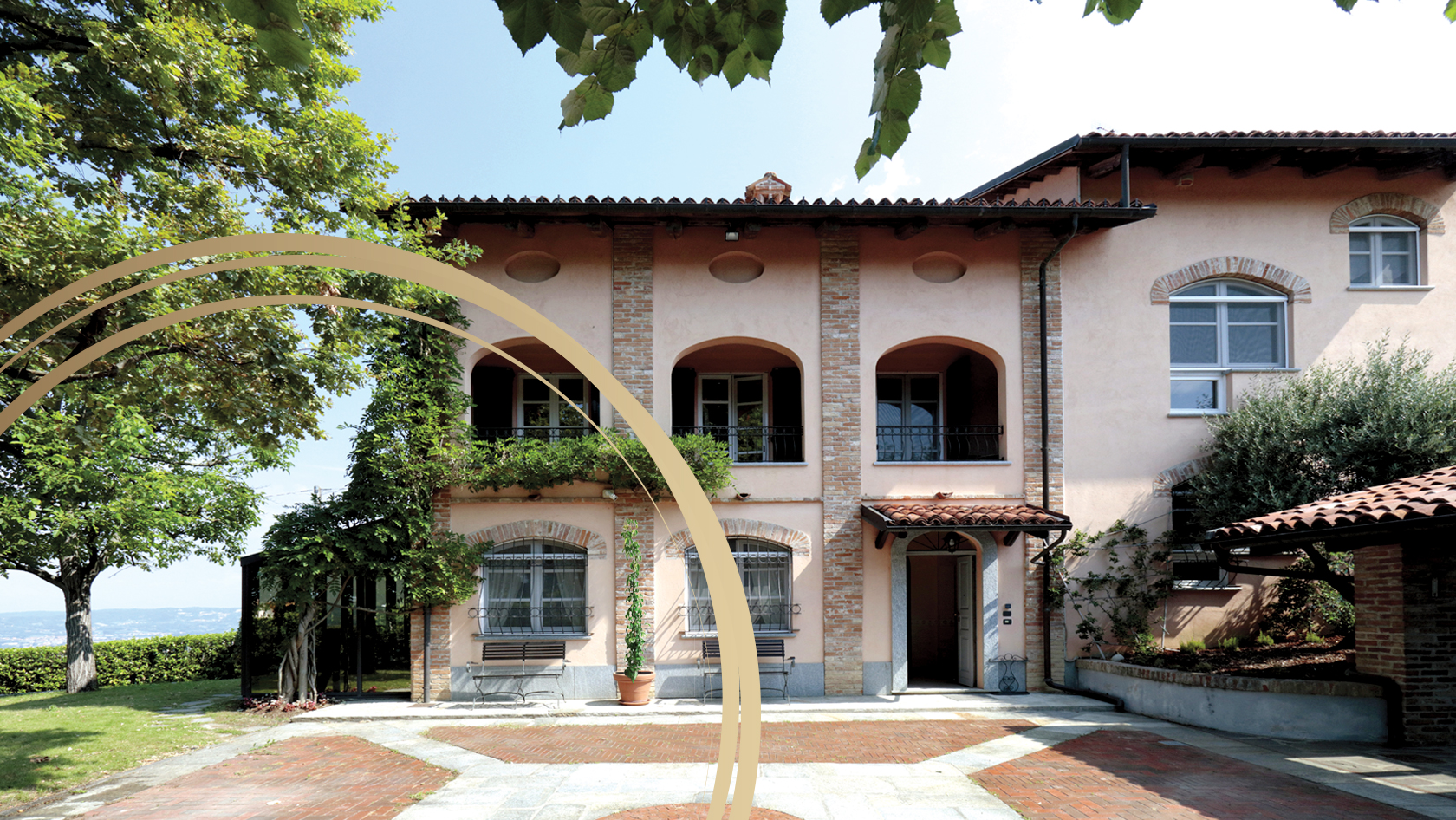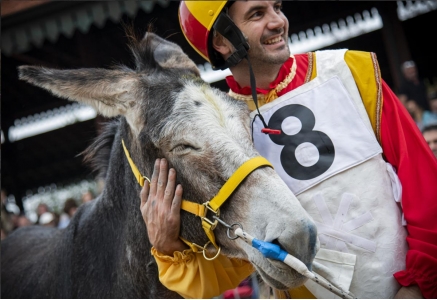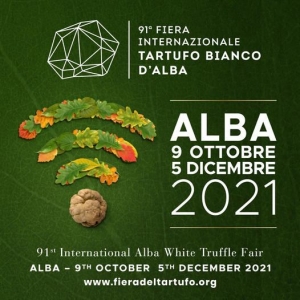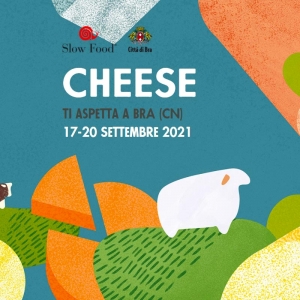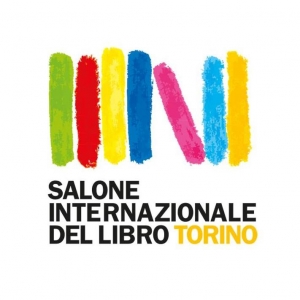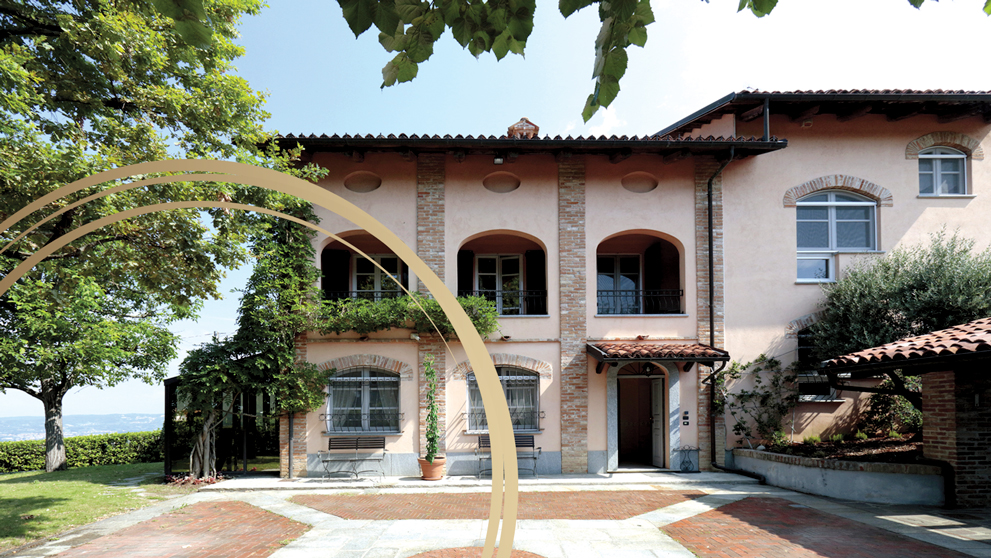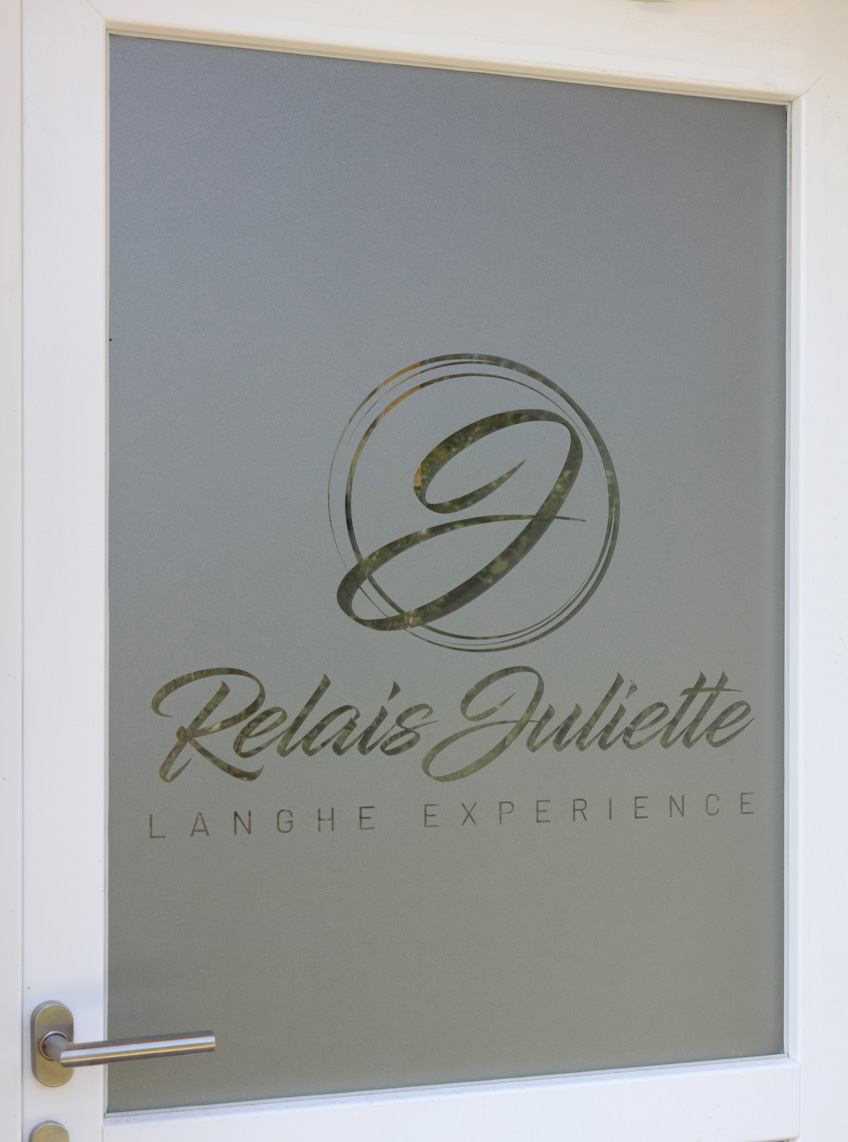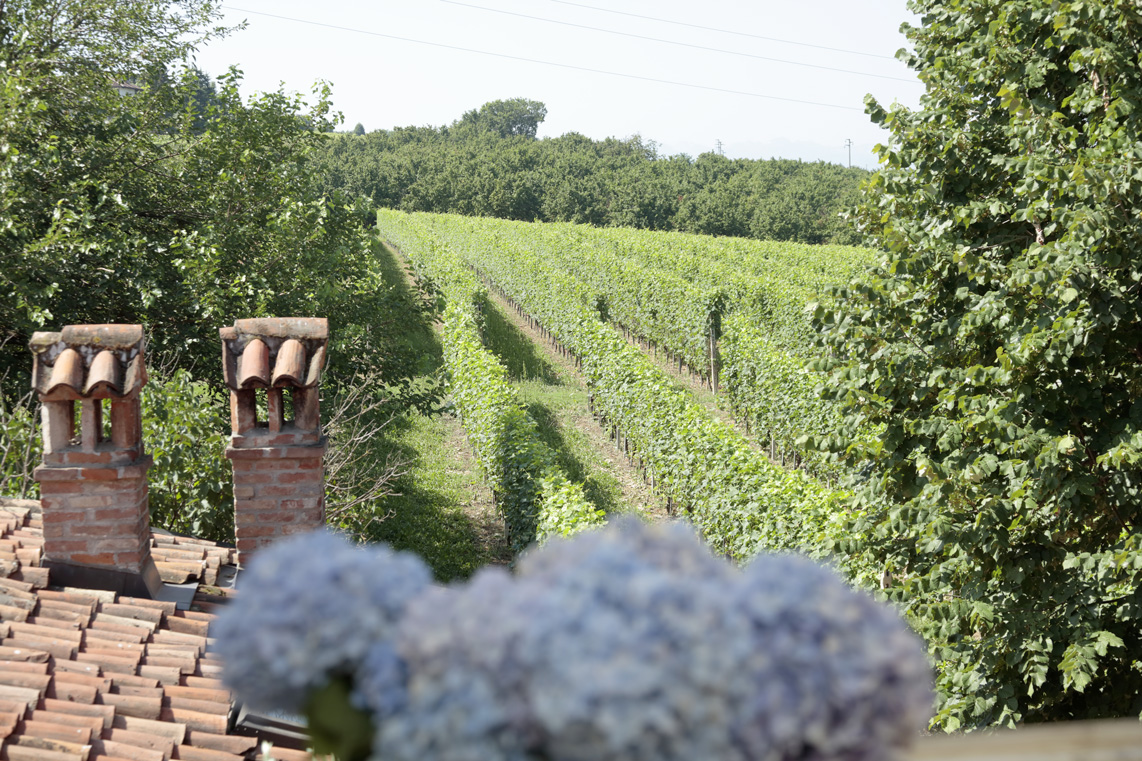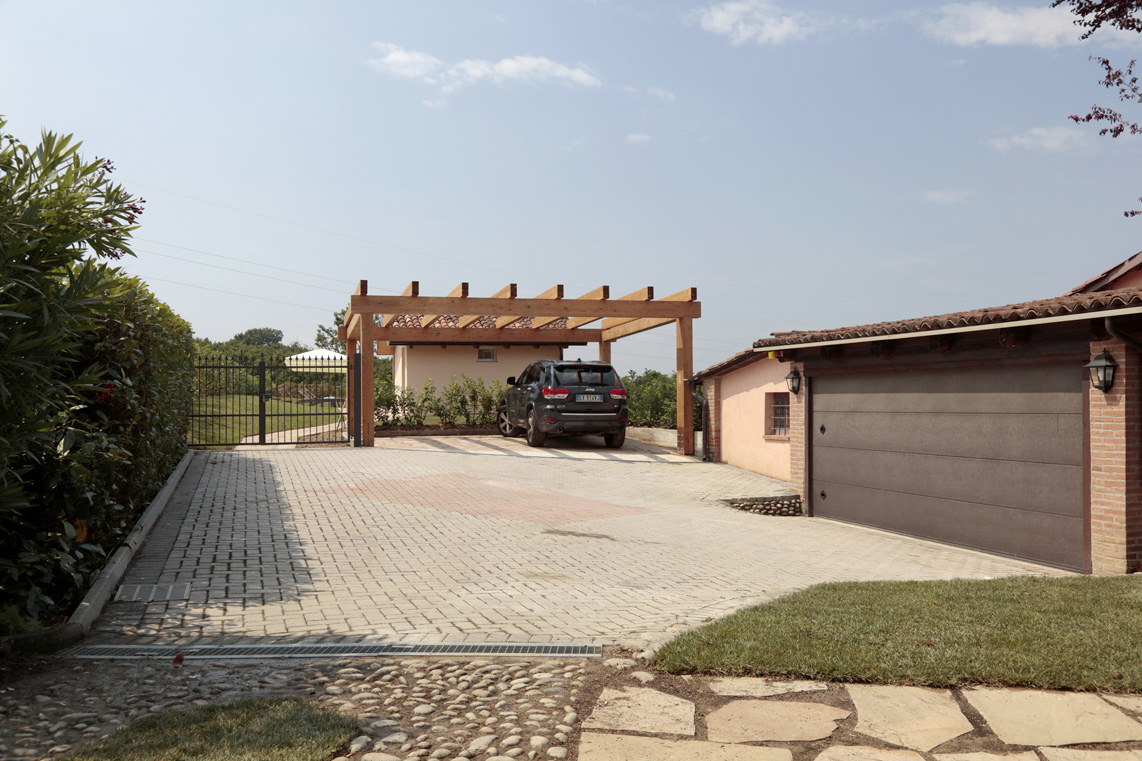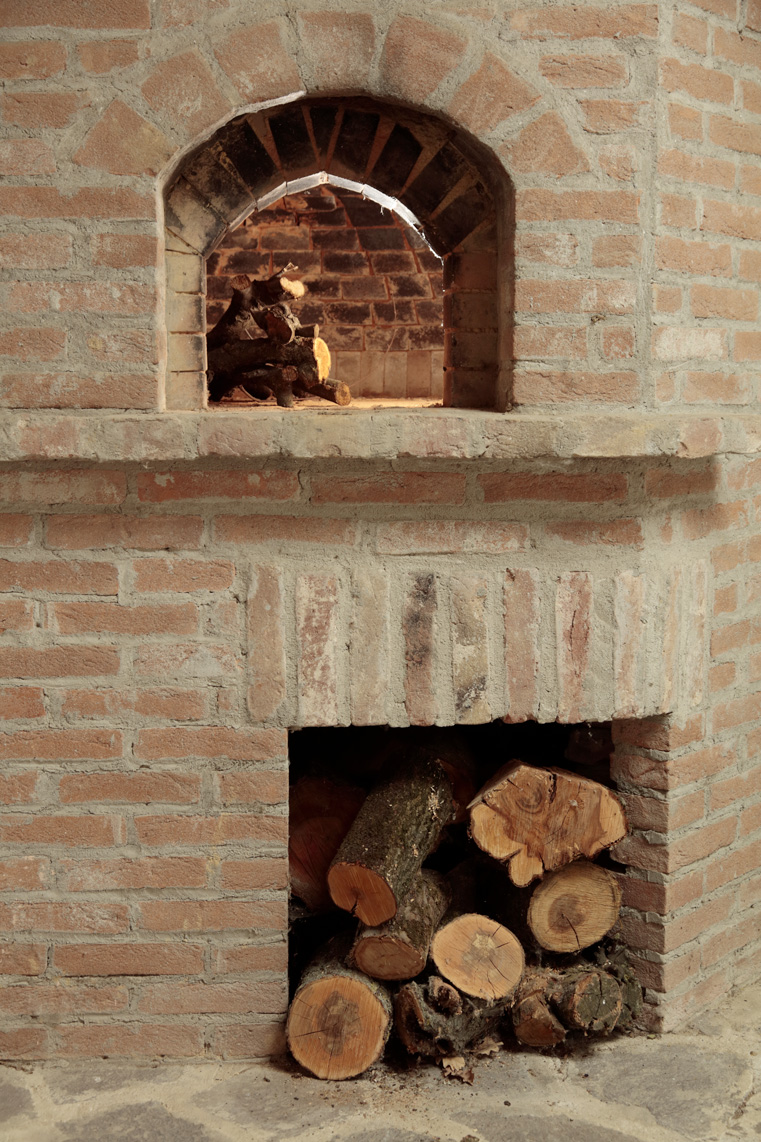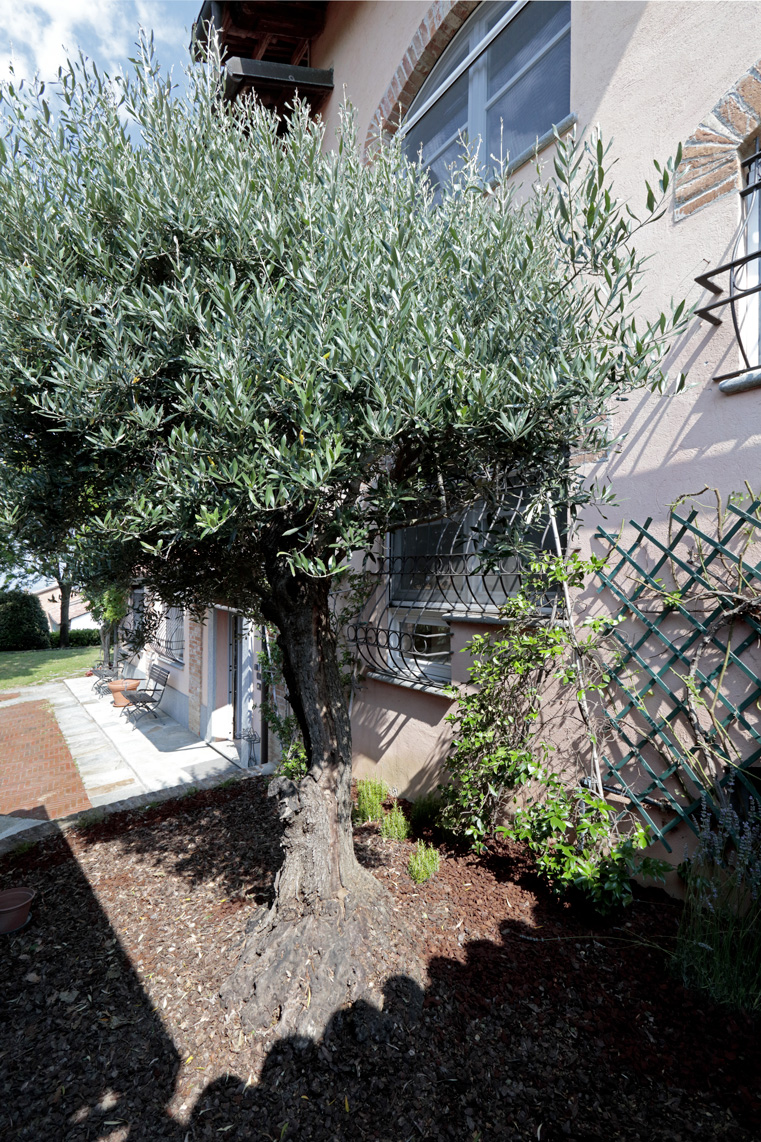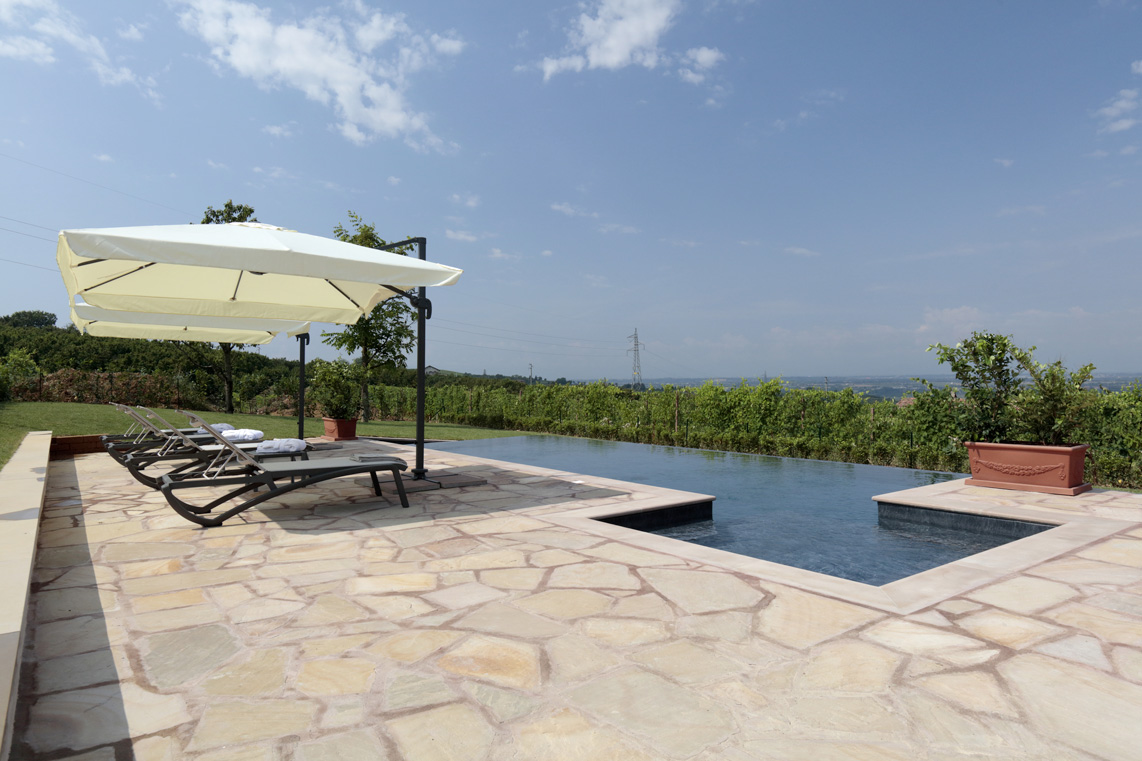BOOKING? CHECK THE AVAILABILITY
Juliette Colbert de Maulévrier, married name Falletti di Barolo
She was born at Vandea, in France, from an aristocratic family. When she was 18 years old she was included in the maid of honor list of Giuseppina, first wife of Napoleone Bonaparte. She knew the Piedmont Marques Carlo Tancredi Falletti di Barolo, with whom she got married on August 18th, 1806 in Paris.
Their love became stronger and stronger, based on their deep faith and on charity. The Marquis was from Turin, at that time occupied by the French, and where the couple moved after 1814. They lived at Palazzo Barolo, a meeting place for the cultural elite and Turin politics, as well as seat of some works of charity, owned by the husband and where the famous patriot and writer Silvio Pellico stayed till his death (January 31st, 1854), after returning from his captivity in Spielberg Fortress and that became their family Secretary. Juliette is better known, in Piedmont and Italy, as “La Marchesa Giulia di Barolo”.
On January 21st, 1991 the Cause of Beatification has been opened and now she has gained the title of “Servant of God”. On 5th May, 2015, Pope Francis authorized the Congregation for the Causes of Saints to promulgate the decrees about her heroic virtues of the Servant of God Giulia Colbert, secular woman, widow and founder of the Congregation of “Figlie di Gesù Buon Pastore e delle Suore di Sant’Anna”, giving her the status of Venerable.
Why Relais Juliette?
Since 1845, the Marchioness devoted herself to the improvement of production and wine-making of the famous wine Barolo, Carlo Alberto di Savoia favorite one, who often visited their estates and cellars in the Langhe homonymous village. The Marchioness, in fact, belonged to the ancient bloodline of the french wine-making tradition, discipline that already started from her ancestors around two centuries before in the Reims area, that means in the Castles of Brèzè and of Maulèvirier, near Loire region.
The Barolo history, in its very special red, starts with the wedding of Juliette Colbert with Carlo Tancredi Falletti di Barolo (leading figures of the Piedmont Risorgimento and more). The wine origins are to be found in the vineyard where it comes from: Nebbiolo. Before the action of these two big characters, it gave a mild wine, quite different from the current one. However, it’s worth remembering that the particular territory of Barolo, somehow protected by the surrounding hills, makes the Nebbiolo rich of mineral salts and sugar.
The success of the so-called “king of the wines and wine of the kings” is thanks to Juliette, who promote it to the Court of Savoy and in the european Courts. In this respect, it is told that one day King Carlo Alberto asked to the Marchioness why she didn’t let him have a taste of the famous wine that was produced around the Castle of Barolo, holiday residence for the aristocratic family. After few days, Turin lived an unusual show: the city streets were crossed by the Marchioness wagons full of wine and going towards the Royal Palace - exactly threehundred and twenty bottles, one per each day of the year, without considering the days of Lent.
In such a way, the Marquis promoted the wine, giving it to rulers, offering to their guests and supplying friends everywhere. Being famous and much appreciated people, the Barolo wine took advantage of image. Juliette was so much interested in giving a future and a stable prestige to the quality of her wine that she asked to her friend Camillo Benso Conte di Cavour the advice of the french winemaker Oudart, who cooperated with the Count in the production of Barolo in Grinzane cellars since 1843. Camillo was concentrated on this problem: how to create a wine that could last for a long time and that could compete with the french cousins of Bourgogne and Bordeaux? It will be this character who gave an important contribution to Barolo, through the French wine-making techniques.
As we said, Barolo was previously a mild wine and slightly sparkling, rosé. The Nebbiolo grape ripens pretty late and it is possible to assume that in those days the first cold stopped the fermentation. Before Juliette’s action, the fermentation happened outside under the arcades; later, the underground cellars were built. In such a way there was a micro-climate that allowed to age wine, keeping under control the temperature, making it still and of a considerable structure.
An important testimony is the one of the historian Massè, who wrote: “.. to create such a wine that now is called Barolo were the Marquis Falletti at the beginning of the nineteenth century, who produced it with all diligence in their huge holdings at Barolo…”, pointing out that “ the one who, after the Marquis Falletti, contributed to give an international reputation to Barolo… was the Count Camillo of Cavour. Such a valuable initiatives brings to a dry wine and to some passages in strokes before the bottling. The success of Barolo happens in a special time of which it is the proper star: the time that precedes and caps off the unification of Italy; such a wine was Cavour’s ally during his diplomatic lunches, during which he built, with his fine skill, the network of agreements useful to proclame the born of the nation.
Welcome home!
Since 2014, 22th June, La Morra has been included in the site “Paesaggi vitivinicoli di Langhe - Roero e Monferrato” and evaluated by UNESCO world heritage site. Relais Juliette, located in a nice little hamlet just 2 km far from the centre of La Morra, surrounded by the silence and with breathtaking views to the Tanaro valley and Monviso.
The property is surrounded by vineyards, you can admire beautiful colorful rainbows typical of every season. Gorgeous and panoramic, Relais Juliette is a wonderful residence of late 1800’s and it has five elegant rooms overlooking on the Langhe hills and on the chain of the Alps; each of them decorated with different colors in order to give you emotions and memories. The outdoor of the property has a pretty and fresh garden, a charming pergola and a terrace perfect for your breakfasts and your relaxing time during fine weather. In order to spend unforgettable moments of peace, the infinity pool, surrounded by vineyards, offers an enchanting panoramic view of the Monviso and on the chain of Piedmont Alps.
The home, the nature, the view… these ingredients together with a warm welcome and a spirit of hospitality, will ensure that Relais Juliette is the perfect location for a relaxing holiday.

